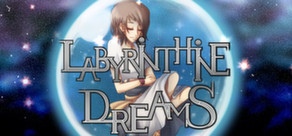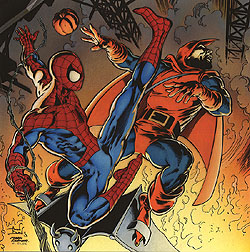There's a moment I think a lot of us have experienced at least once in our lives. Something upsetting happens and catches us off guard. We end up turning to some venue to express ourselves - could be social media, but older folks might have used Livejournal or Wordpress, and our raw feelings spill out. There's no attempt to cushion the impact with irony or withholding certain details, this is pure vulnerability. It feels cathartic in the moment, but in the cold light of the next day, it's embarrassing. Leaving it visible to the public feels like an invitation to ridicule so we get rid of it.
American movies went through a phase like this in the middle of the 2000s. The movies are still here, but are now generally mocked by the public who once embraced them, if briefly. These films captured the essence of an uncertain, vulnerable time but as that moment passed, we didn't want anything to do with them. I'm going to spotlight three movies that I feel like summarize this unique era but before that, we have to set the scene.
This moment of intense vulnerability came about because of two major American tragedies - the first is of course the terrorist attacks of September 11, 2001. It was devastating and horrific even for people who only saw it on TV. I was there and am now at the age where my kids can't believe it and have like a million questions about it, which is both sweet and kind of agonizing because I don't go out of my way to relive those memories if I can help it. However, I think we would have all come back stronger from that if not for the second tragedy - the start of the Iraq invasion in 2003. The Bush administration decided to start a war against a country that had nothing to do with the 9/11 attacks, using thin rationales that anyone with a functioning brain could see were total bullshit but anyone who spoke out was buried in unhinged hostility from the same low-intelligence-high-confidence meatheads who cursed us with the Trump presidency ten years later. The war in Iraq inspired some of the largest protests in the history of mankind, but none of them made a difference. It's not really a stretch to say that the way the war machine pushed ahead, unconcerned with the passionate objections of so many people, convinced my entire generation that protesting was useless. Thankfully, Generation Z isn't burdened by this so it's made quite a comeback.
But before I get carried away with the history, let's talk about the movies.
Garden State (2004)It's almost impossible to believe now, but people really did love this movie when it first came out. It still has a pretty high imdb score of 7.4, which demonstrates that while people might deny ever liking something that seems embarrassing after some time has passed, most of them don't bother going back and changing their votes.
The actor Zach Braff wrote, directed and stars in this movie as a guy who returns home to New Jersey for his mother's funeral. While at home, he has a personal crisis when he realizes he doesn't feel much of anything because he's been on medication for as long as he can remember thanks to his psychiatrist father. While waiting at the DMV, he connects with a very smiley young woman played by Natalie Portman who insists that he has to borrow her walkman and listen to The Shins during their first meeting. Ultimately, the message is that it's better to experience life with all its ups and downs rather than numb yourself with anti-depressants. Almost twenty years later, it's pretty easy to see why that's a questionable message. It's quite ill-advised to try and "tough out" mental illness without help for the sake of authenticity or whatever. Something about this really spoke to people in that moment, however. Were we all so numbed and disillusioned by the preceding years that we craved permission to enjoy life again? It's hard to stay for sure, especially now that the moment has long since passed.
Portman's character is also an archetypal example of the "manic pixie dream girl," a phrase coined by film critic Nathan Rabin right around the time this movie came out. Her role is to use her ample quirkiness to help young men get out of their funk and appreciate hipster indie music again. The Kirsten Dunst character in Elizabethtown, which came out a few years later, is another big one. Movies were more or less done with this character type by the end of the decade. 500 Days of Summer (2009) appeared to be in the same vein at first, but turned out to be a deconstruction of these cutesy romance stories that was utterly ruthless.
Crash (2005)





